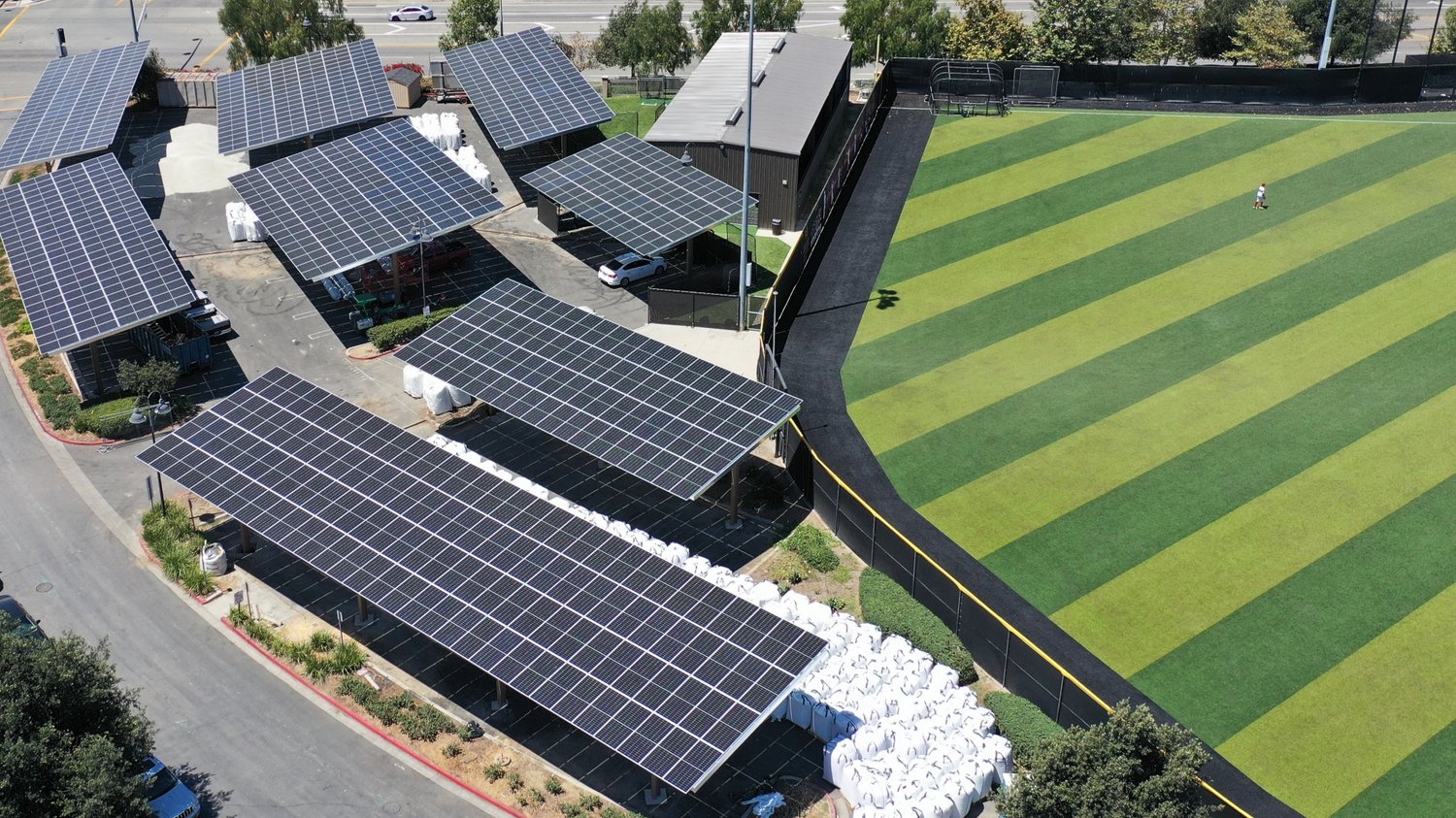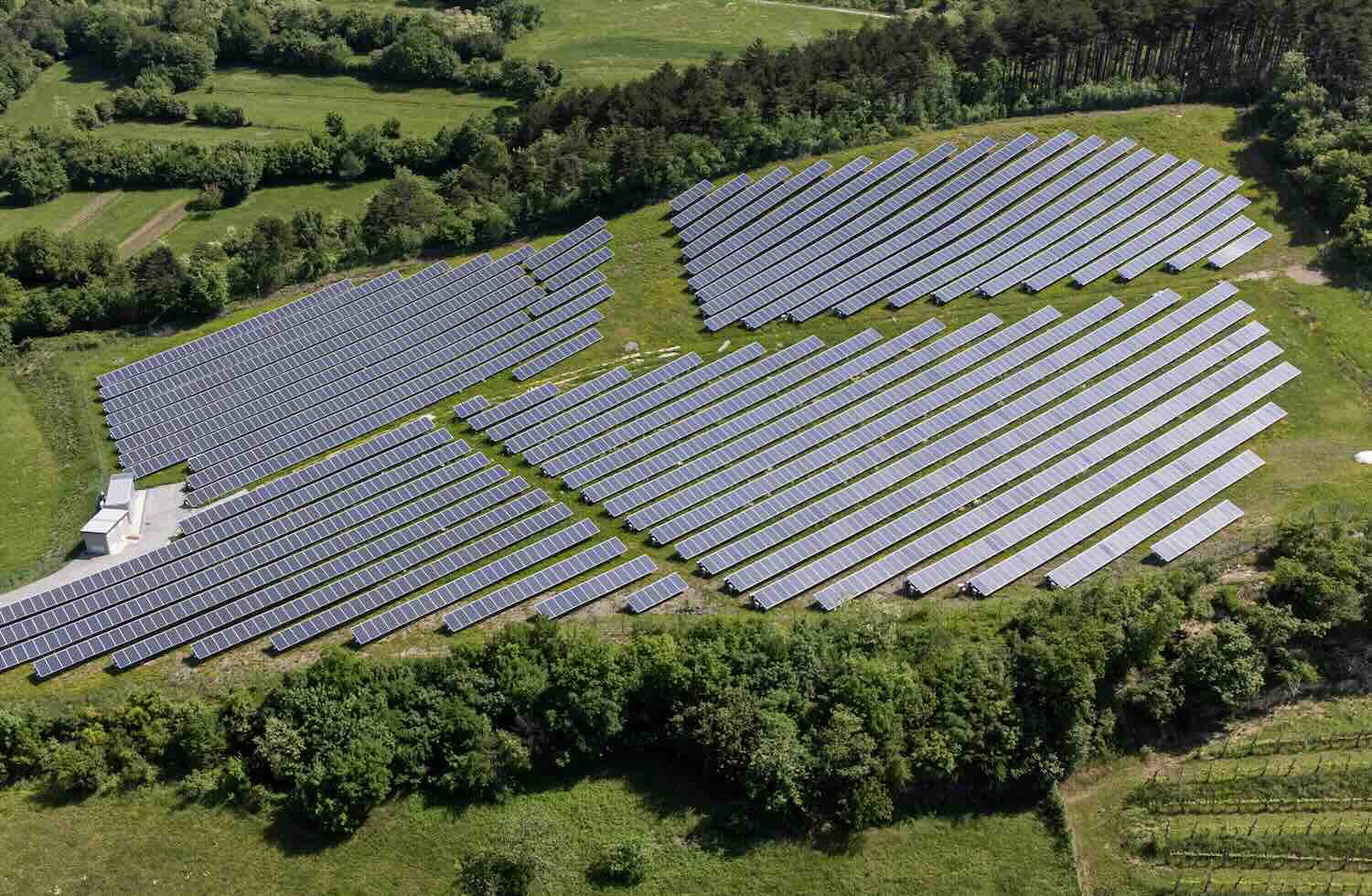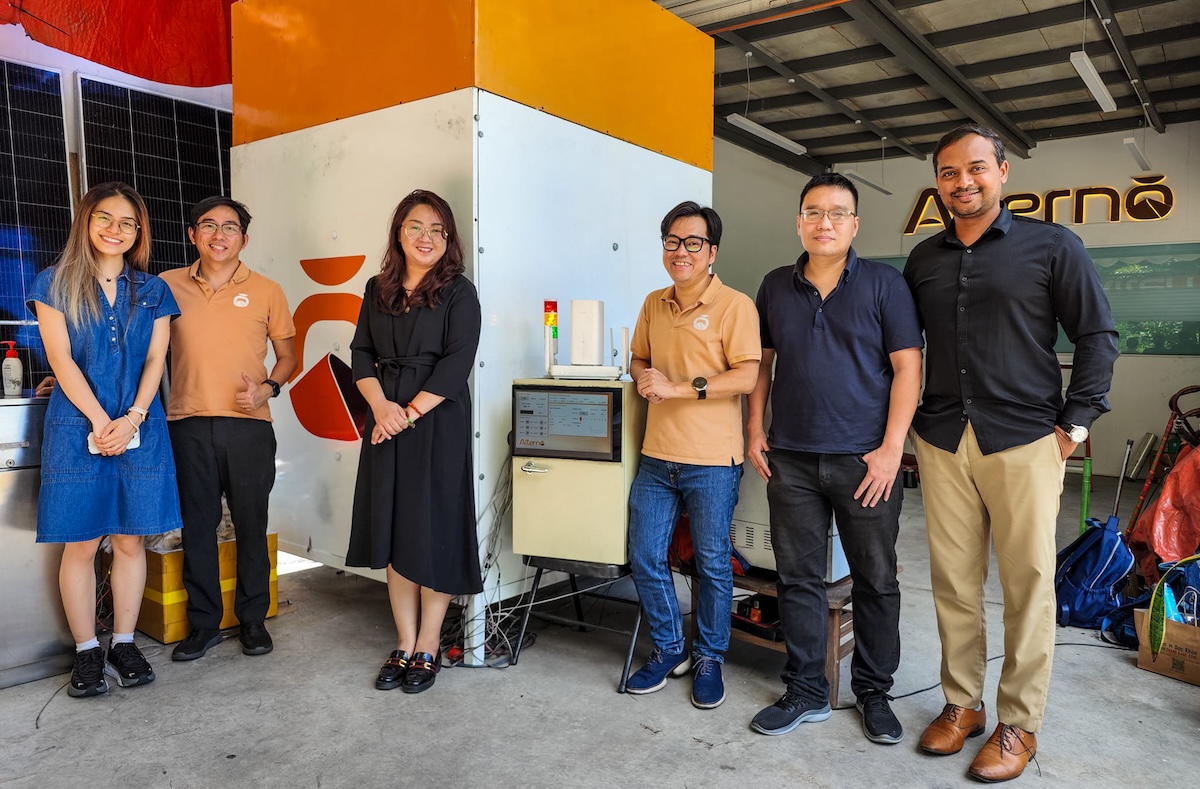ImpactAlpha, February 14 – The impact tech fund of BFA Global invested $1.8 million in companies that “directly empower farmers, healthcare providers, waste workers, and small and medium businesses to adapt to the changes brought by climate change and drive climate positive economic growth,” said Catalyst Fund’s Maelis Carraro.
One-third of the fund’s new portfolio companies are based in Nigeria, which was until last year Africa’s tech powerhouse. EarthBond installs rooftop solar systems and links small businesses to solar energy financiers. Scrapays operates a rewards-based recycling program for businesses and households. Zebra CropBank provides solar-powered micro-warehousing and access to markets for small farmers.
Farmer resilience
More than half of Africans, and 80% of low-income Africans, depend on the agriculture sector for their livelihoods. New investments supporting farmers and agribusinesses include Tanzania’s Mazaohub, which offers farm management software, soil health testing, and financing to smallholder farmers. Keep it Cool in Kenya provides solar-powered refrigeration and cold transport for fish producers. Senegal’s Tolbi uses satellite imagery and AI to provide agronomic advice and help farmers adopt climate-smart practices.
Climate + health
In Tanzania, Medikea offers low-cost telehealth services to low-income communities to manage malnutrition, heat-related illness, and other climate-related health issues. Egypt’s NoorNation installs modular clean water and off-grid energy systems in remote communities. South Africa’s Thola helps food, hospitality and mining companies comply with biosecurity measures to prevent food and environmental contamination and the spread of zoonotic diseases.
The investments bring Catalyst Fund’s portfolio count to 19.
State of climate finance
Dozens of early-stage venture funds have invested $3.4 billion in African climate tech startups since 2019. Energy startups took in the largest share of capital, while agriculture-focused startups are the most numerous.
Private capital accounts for just 14% of climate finance in Africa, lower than other regions.











